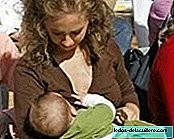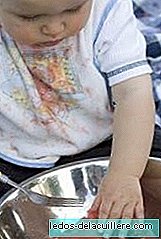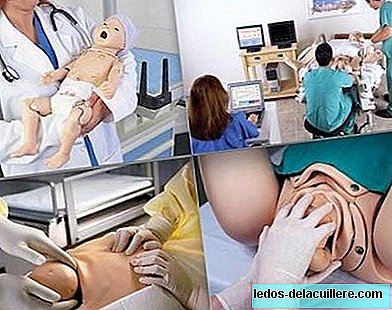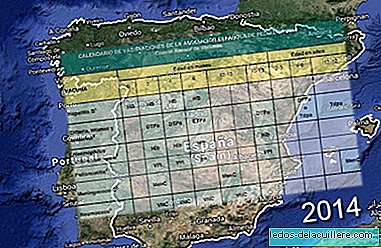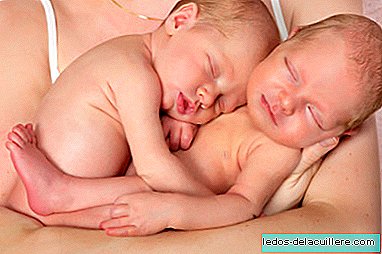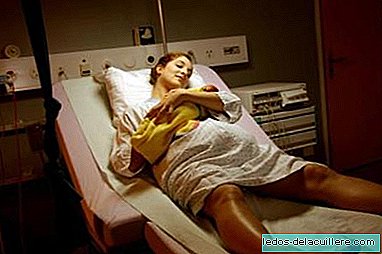
What would happen if we could go back more than one hundred years in time and watch the pregnant women give birth without hardly any interventions? Well, among other things we would see something quite surprising: to most of them giving birth at night.
A study done at the Autonomous University of Madrid has reached that conclusion after analyzing more than 4,500 births that took place in the Maternity House of Madrid between 1887 and 1892, a perfect time to analyze it, given that at that time the obstetric interventions were minimum and that made babies born when they wanted to be born, and as I say, babies prefer to be born at night.
At night, because it is safer
One will ask, and why at night? Because they are already eager, with how awake one is during the day, it turns out that they prefer to come at night when everyone is sleeping or sleepy. Well at night because, as the study authors explain, human reproduction has been adapting to the evolution of our species.
If during the day a logical pattern of activity is established (the man goes out to hunt, work, etc.), at night a rest pattern is established in which there are more people around the pregnant woman. This means that a woman can give birth at night without the risk that other predators (I speak of past times, of course) can attack her and her baby, relatively helpless and with the obligation to have to try to flee at such a critical moment. .
The light, largely guilty
At that time (the analyzed data) there was not the same artificial light as in the current date and it was more difficult to deceive the body. It is suspected that childbirth is also governed by a circadian rhythm and that light, or lack thereof, is a great culprit for labor to occur.
Apparently, given that in winter the nights are longer, most births happened at night, while in summer, being the shortest nights, most deliveries occurred between 8 and 12 in the morning (the night took longer to arrive and we already know that a delivery is a matter of several hours, becoming again day at the time the baby was born).
Do you have a biological explanation?
The authors have explained what are the physiological mechanisms that promote night birth and I personally found it very interesting. Apparently, the activity of the uterus is synchronized with the cycles of light and dark by the action of melatonin, the hormone that is secreted in the absence of light and that, in addition to preparing us to rest at night, sets in motion other hormones that trigger childbirth (oxytocin and norepinephrine). This makes contractions become more intense during the night and the delivery is triggered more efficiently than by day. That is why it is always said that a good place to give birth is one in which the light is very dim.
But this happens very little
The pattern of night delivery is confirmed for those deliveries in which there is no intervention. At present it can only occur in that minority of deliveries in which there is no instrumentalization, medication involved, time control, etc.
I do not say that one thing is better than the other, in fact today it is equally safe for a woman and her baby to happen at night or to happen by day because there is no one to eat them, but when there are deliveries With epidural, induced births, births with synthetic oxytocin, births in which you lie in bed while dilating and a long time and so on, the pattern is modified to the point that now seems more likely to give birth during the day than at night.
In your case, When were your children born? Are the study data confirmed?


